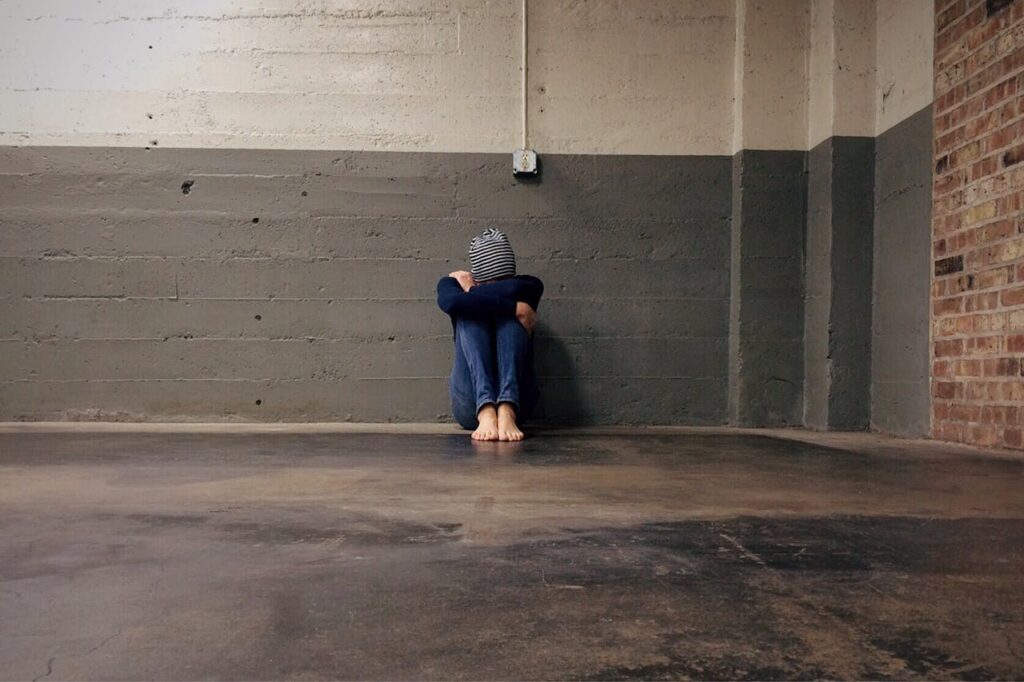Squatting and homelessness are two related but distinct issues that often intersect. Here’s an explanation of each and how they can be connected:
Squatting
- Squatting refers to the act of occupying an abandoned or vacant property without the owner’s permission. It can occur for various reasons, including economic hardship, homelessness, or even as a form of protest.
- Some squatters may take over properties to have a place to live when they cannot afford traditional housing. They may believe they have no other viable options due to financial constraints.
Homelessness
- Homelessness is a broader social issue characterized by individuals or families lacking stable, safe, and consistent housing. Homeless individuals often live on the streets, in shelters, or temporarily stay with friends or family members.
- Homelessness can result from various factors, including unemployment, mental health issues, substance abuse, domestic violence, and lack of affordable housing.
The Connection Between Squatting and Homelessness
- Squatting as a Response to Homelessness:
- In some cases, individuals experiencing homelessness turn to squatting as a means of securing shelter when they have no other housing options.
- Squatting can be seen as a survival strategy for homeless individuals seeking a place to stay, especially when shelters are overcrowded or unavailable.
- Legal and Ethical Dilemmas:
- The connection between squatting and homelessness raises legal and ethical dilemmas. Property owners often want to protect their rights and prevent unauthorized occupants, while advocates for homeless individuals argue for more compassionate approaches to housing.
- Government and Community Responses:
- Communities and governments may respond to homelessness and squatter-related incidents through various measures. Some cities provide temporary shelters, outreach programs, and housing assistance to address homelessness.
- Additionally, some jurisdictions have laws and regulations that address squatting and protect property owners’ rights while offering alternative solutions for individuals facing homelessness.
- Advocacy and Policy Solutions:
- Policymakers and squatter rehabilitation advocates like the Salvation Army may advocate for policies that address both societal concerns. These policies might include increasing affordable housing options, providing social services, and finding alternatives to punitive measures against squatters who are homeless.
Wrapping Up
In summary, squatting and homelessness are interconnected issues with complex social, legal, and ethical dimensions. Squatting can sometimes be a result of homelessness, as individuals facing housing insecurity seek shelter in vacant properties. Addressing these issues often involves a combination of housing policies, social services, squatter rehabilitation programs and community support to provide safe and stable housing options for those in need while respecting property rights


